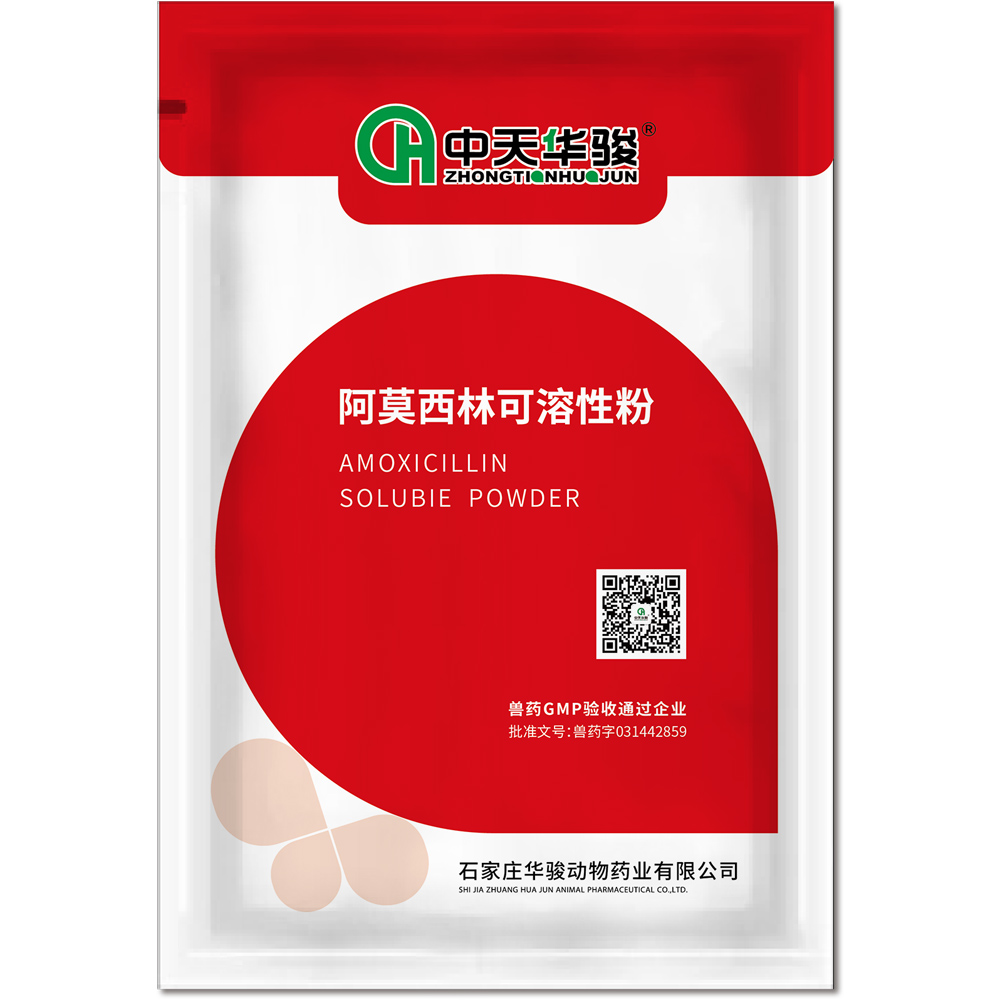
Nov . 13, 2024 19:34 Back to list
custom escherichia coli
Custom Escherichia coli Engineering a Versatile Microbial Workhorse
Escherichia coli, commonly known as E. coli, is a bacterium that has served as an essential platform for various research and industrial applications since its discovery. This robust microorganism is not only a natural inhabitant of the human gut but also a cornerstone of microbiological research and biotechnology. The ability to manipulate and engineer E. coli has led to the emergence of custom strains designed for various specific purposes, ranging from pharmaceuticals to environmental applications.
The Importance of Customizing E. coli
The genetic manipulation of E. coli is facilitated by its relatively simple genome and rapid growth rate. Researchers can insert, delete, or modify specific genes to customize the strain for particular functions. This level of customization allows scientists to create E. coli strains that can produce valuable compounds, such as proteins, enzymes, and biofuels.
One of the most prominent applications of custom E. coli strains is in the production of therapeutic proteins. For instance, insulin production was one of the first successful applications of recombinant DNA technology, where the human insulin gene was inserted into E. coli. The bacterium then used its cellular machinery to produce insulin in large quantities, making it accessible and affordable for diabetic patients. This application marked a significant milestone in biotechnology, showcasing the potential of genetically engineered E. coli.
Furthermore, custom E. coli can be engineered to produce various bioactive compounds, such as antibiotics and anticancer agents. By modifying metabolic pathways within the bacteria, researchers can enhance the yield and efficiency of bioactive compound production. This not only contributes to pharmaceutical development but also allows for the exploration of alternative biosynthetic routes that may be more sustainable than traditional chemical synthesis.
Applications in Environmental Biotechnology
Beyond medicine, customizable E. coli strains are increasingly being utilized in environmental biotechnology. One of the innovative applications includes bioremediation, where engineered E. coli can be employed to detoxify pollutants in contaminated sites. By integrating specific genes into E. coli, scientists can create strains capable of breaking down harmful substances, such as heavy metals or hydrocarbons. This bioremediation potential presents an eco-friendly alternative to conventional cleanup methods, reducing environmental impact while saving costs.
custom escherichia coli

Additionally, custom E. coli can be used in biosensing applications. Researchers can engineer strains to produce detectable signals in the presence of specific toxins or pollutants. This application is particularly valuable in monitoring environmental health and safety, enabling early detection of hazardous substances in water and soil.
Challenges and Considerations
Despite the numerous benefits associated with custom E. coli, several challenges must be addressed. One major concern is the containment and safety of genetically modified organisms (GMOs). Regulatory frameworks exist in many countries to evaluate the safety and risk associated with releasing modified organisms into the environment or using them in health applications. Additionally, public perception of GMOs can significantly impact the acceptance and application of custom E. coli strains.
Another challenge lies in the efficiency of genetic engineering techniques. While methods such as CRISPR-Cas9 have revolutionized genome editing, optimizing these techniques for specific applications in E. coli remains a focal point of research. This includes increasing the precision and efficiency of gene editing, as well as minimizing off-target effects that could inadvertently alter other important cellular functions.
The Future of Custom E. coli
The future of custom E. coli is promising. As advancements in synthetic biology and genetic engineering continue to progress, the possibilities for customizing E. coli will expand. Researchers are increasingly exploring the integration of synthetic circuits that can regulate gene expression in response to environmental cues, creating intelligent E. coli strains capable of responding to changes in their surroundings.
In conclusion, custom E. coli serves as a versatile microbial workhorse in modern biotechnology. Through innovative genetic modification, E. coli has been transformed into a powerful tool for producing therapeutics, remediating pollutants, and sensing environmental hazards. As technology advances and the understanding of microbial genetics deepens, the potential applications for engineered E. coli are limitless, paving the way for breakthroughs that could significantly benefit health, industry, and the environment.
-
China Salivation AI with GPT-4 Turbo Features
NewsAug.01,2025
-
Epic Sepsis Factories: AI-Driven Detection with GPT-4 Turbo
NewsJul.31,2025
-
Acute Salpingitis and Oophoritis AI Factory
NewsJul.31,2025
-
Premium China Bacillus Subtilis Supplier & Factory Solutions
NewsJul.30,2025
-
Premium Avermectin Supplier in China | Custom Solutions Available
NewsJul.29,2025
-
China Bacillus Subtilis Supplier - Custom Factory Solutions
NewsJul.29,2025




